A rare okapi has given birth to an “incredibly special” calf at Chester Zoo.
The wide-eyed infant, born to first-time mum Ada and dad Stomp, has remained snuggled up in her nest ever since her arrival into the world. But now, the shy youngster has started to take her very first tentative steps outside as she begins to gain in confidence.
Conservationists have named the female calf “Kora” in homage to a small village inside the Okapi Wildlife Reserve, located in The Democratic Republic of Congo (DRC) – the only place on Earth where the animals can be found in the wild.
The okapi was only discovered around 120 years ago, in 1901, and for that reason the species has been nicknamed the ‘African unicorn’ as a result of its elusive nature.
Rosie Owen, Zookeeper at Chester Zoo, said:
“Kora is an incredibly special calf and, for the first two months of life, she’s been snuggled up quietly bonding with mum – all the while building up the courage to step outside for the very first time.
“Okapi calves use the stripy markings on the hind legs of their parents to follow them through deep forest habitat, and that’s exactly where you’ll see Kora - sticking closely to her mum’s side until she finds her feet. The pair have bonded brilliantly and are inseparable.
“This is the first calf to be born to mum Ada as part of an endangered species breeding programme and she’s doing a wonderful job of caring for her new baby. She regularly feeds her, cleans her and even gives her gentle nudges of encouragement, it’s a real joy to watch.”
The okapi is the national animal for the DRC and is protected under Congolese law. However, threats such as habitat loss, hunting for their meat and previous civil unrest in the country has resulted in 50% of its population being wiped out in the last 25 years.
It’s estimated that around 10,000 okapi remain in the wild and the world’s authority on the status of the natural world, The International Union for the Conservation of Nature (IUCN), has classified the species as endangered.
Mike Jordan, Animal and Plant Director at the zoo, added:
“With only 14 okapis in zoos across the UK, and five of those being here at Chester, the arrival of Kora is a huge cause for celebration for this magnificent species. The okapi is one of the animal kingdom’s most mysterious creatures, and it has sadly undergone a huge decline over the last few decades, with numbers of reported sightings becoming less common. Its last remaining stronghold in the eastern DRC is an area of regular conflict and civil unrest – making conservation projects in the field extremely challenging.
“There’s now an increasing amount of pressure on modern zoos, like ours, to help boost numbers in conservation breeding programmes and care for a safety-net population to ensure its continued survival.”
Conservationists at Chester Zoo contributed to a 10-year-long IUCN conservation action plan for the okapi and, for many years, the zoo has also supported and funded the Okapi Conservation Foundation Project based in the Ituri Forest in the DRC.
This half term at Chester Zoo visitors can learn all about the okapi in its exciting new campaign, Discover Something New, which aims to throw a spotlight on unusual and lesser known species, like the okapi. For more, visit:
https://www.chesterzoo.org/discover-something-new/
Okapi fact file:
- The new calf at Chester Zoo was born on 11/12/2021 and spent the first few months of life inside her nest
- Okapi pregnancies result in the birth of a single calf after a period of 14-15 months
- The okapi is the only living relative of the giraffe
- Male okapis have short horns on their foreheads that are covered in skin and called ossicones
- Okapis can lick their own ears! The okapi’s tongue measures between 14 and 18 inches long – that’s long enough to clean its ears and wash its own eyelids
Chester Zoo
· Chester Zoo (www.chesterzoo.org) is a registered conservation and education charity
· It’s home to more than 20,000 animals made up from nearly 600 different species, many of which are endangered in the wild
· The zoo also supports field projects in 20 countries around the world, as well as closer to home in the UK, preventing the extinction of highly threatened species
· The zoo has a vital role in inspiring and educating people about the natural world and the impact humans have on it – creating and nurturing the conservationist in us all.
Pictured - Adorable okapi calf, named Kora, born at Chester Zoo enjoys her first outdoor adventure.

 Constabulary to receive £4m funding boost to keep Cheshire’s communities even safer
Constabulary to receive £4m funding boost to keep Cheshire’s communities even safer
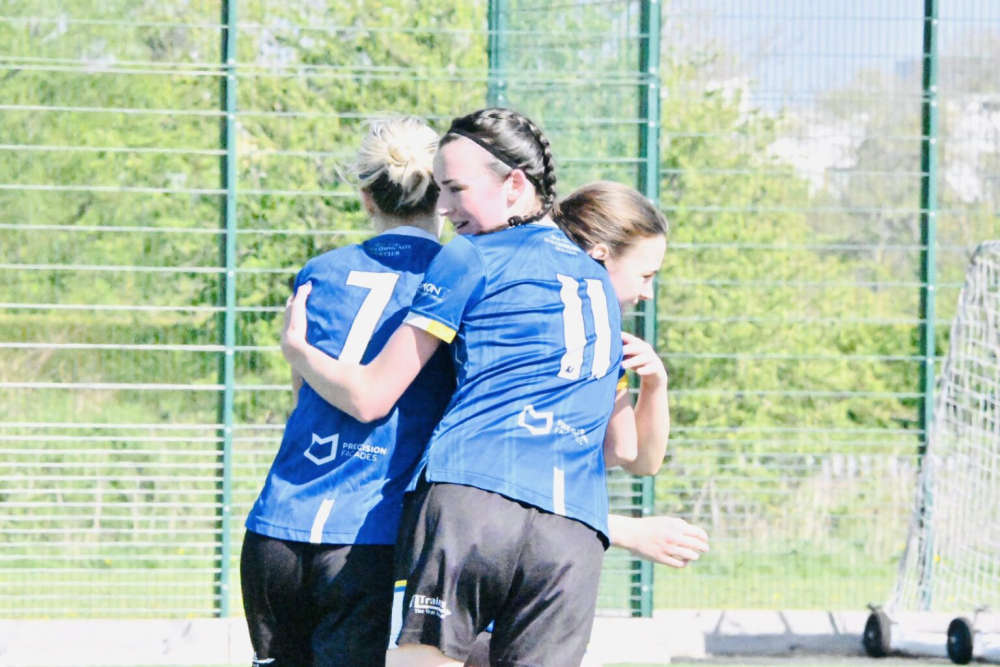 CFCW Match Report: Chester FC Women 3 - 0 Wigan Athletic Ladies
CFCW Match Report: Chester FC Women 3 - 0 Wigan Athletic Ladies
 CELEBRATION OF CLASSICAL DANCE MUSIC SET TO BE STAGED AT WREXHAM'S WILLIAM ASTON HALL
CELEBRATION OF CLASSICAL DANCE MUSIC SET TO BE STAGED AT WREXHAM'S WILLIAM ASTON HALL
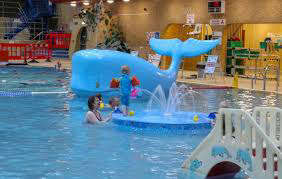 Community unites to save Northgate Arena’s whale!
Community unites to save Northgate Arena’s whale!
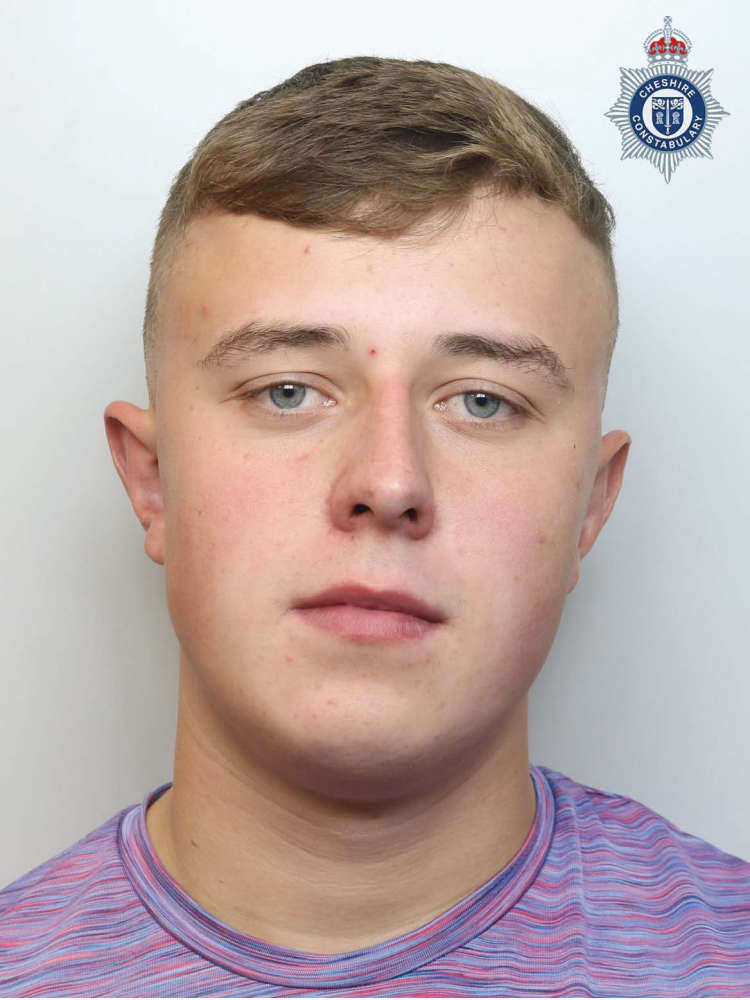 Man jailed for attempting to smuggle illegal drugs into Cheshire music festival
Man jailed for attempting to smuggle illegal drugs into Cheshire music festival
 Weekend and overnight closures for vital A550 Welsh Road repairs
Weekend and overnight closures for vital A550 Welsh Road repairs
 Blues Match Report: Chester FC 2 - 1 Marine
Blues Match Report: Chester FC 2 - 1 Marine
 Ellesmere Port school chosen to benefit from multi-million pound nursery funding
Ellesmere Port school chosen to benefit from multi-million pound nursery funding
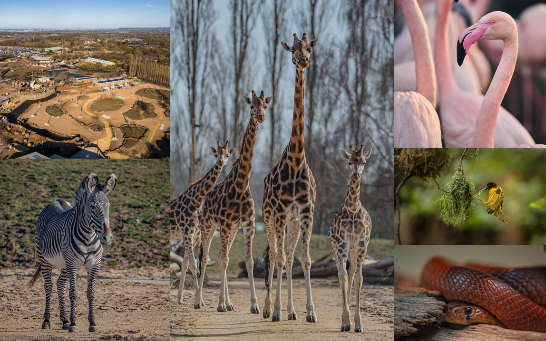 Tripadvisor rankings name Chester Zoo as the UK’s best zoo.
Tripadvisor rankings name Chester Zoo as the UK’s best zoo.
 Blues Match Preview: Chester FC v Marine
Blues Match Preview: Chester FC v Marine
 Blues Match Report: Southport 0 - 1 Chester FC
Blues Match Report: Southport 0 - 1 Chester FC
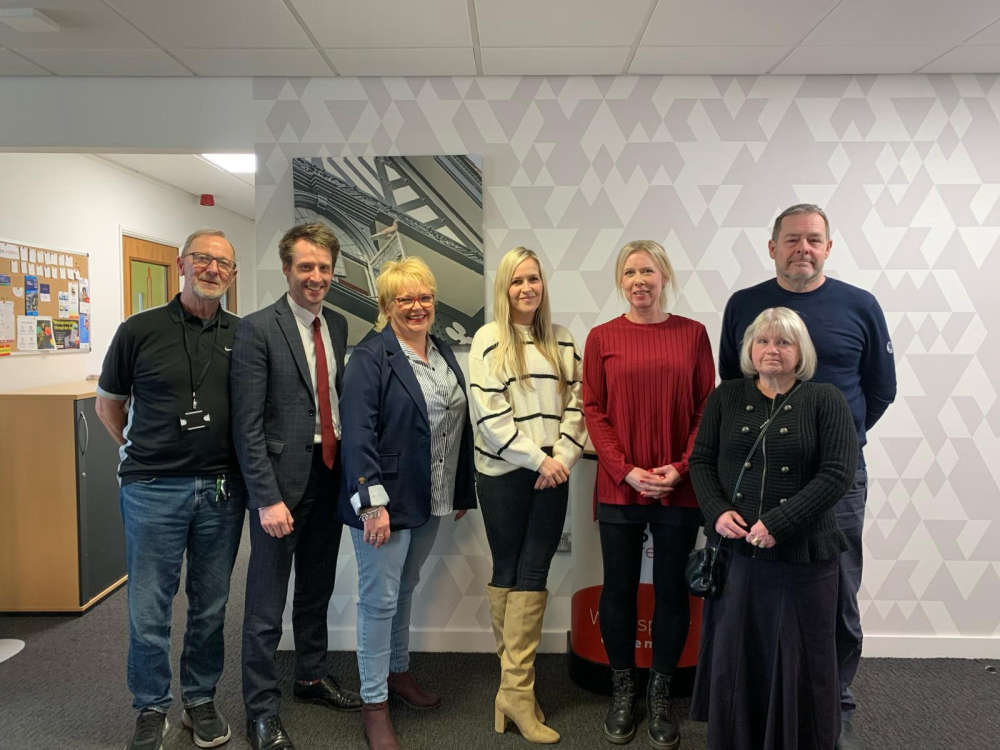 Sam Rowlands MS is urging people to have their say on merging four schools in North-East Wales
Sam Rowlands MS is urging people to have their say on merging four schools in North-East Wales
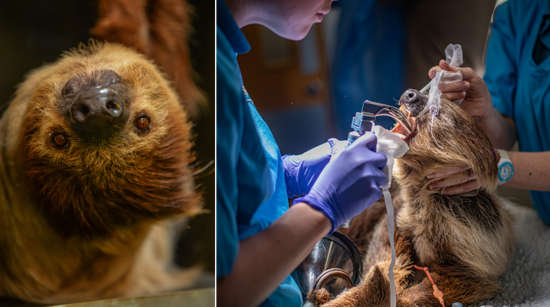 Pioneering dental surgery at Chester Zoo cured a sloth’s toothache
Pioneering dental surgery at Chester Zoo cured a sloth’s toothache
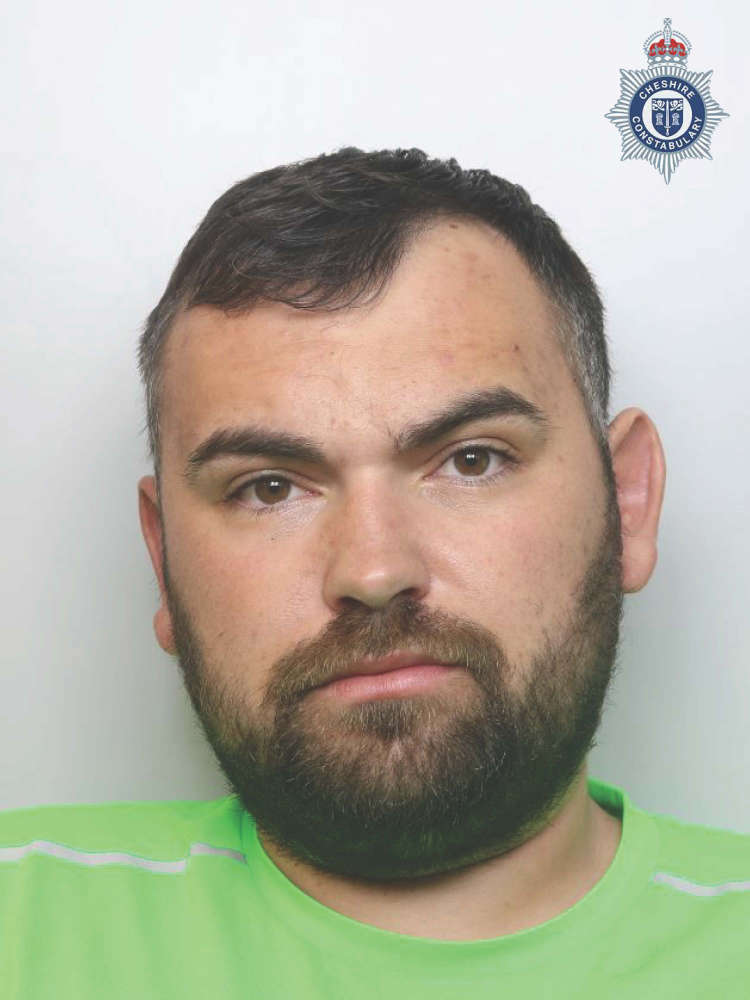 Drug dealer jailed after eagle-eyed officer spots him speeding in a car full of class A drugs
Drug dealer jailed after eagle-eyed officer spots him speeding in a car full of class A drugs
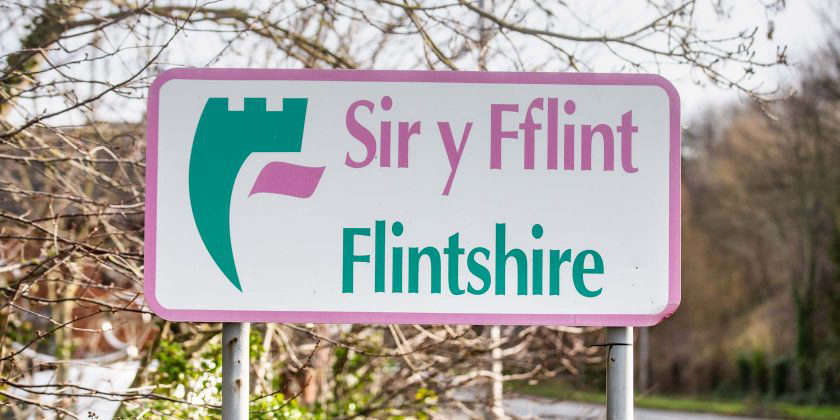 Enjoying the Countryside in Flintshire
Enjoying the Countryside in Flintshire
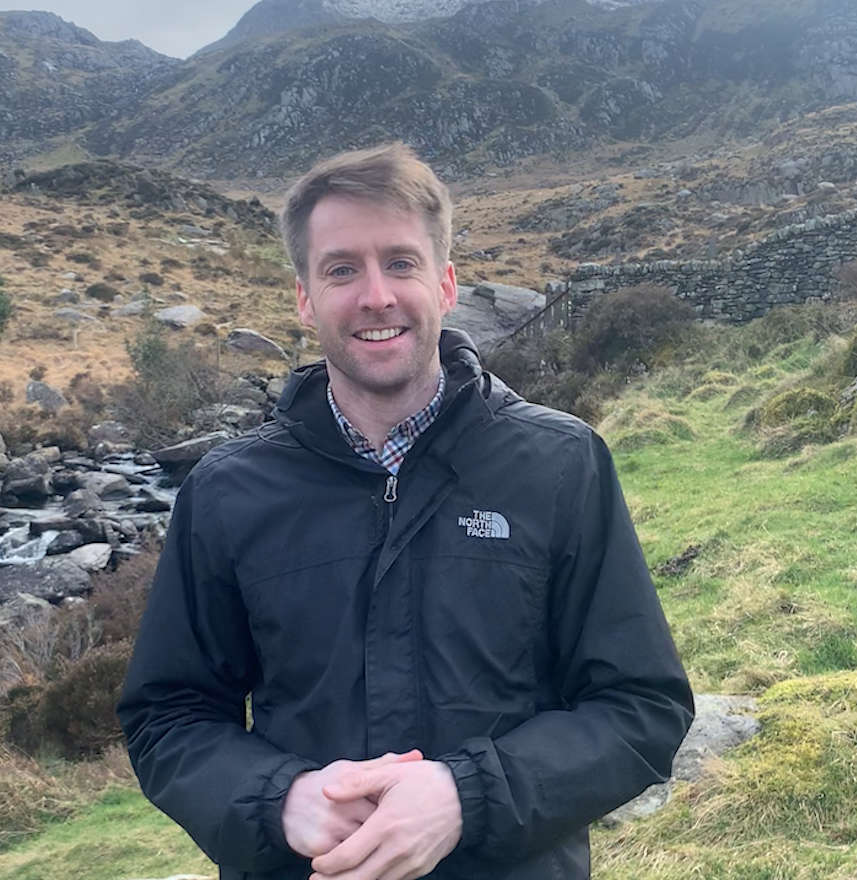 Member of the Welsh Parliament urges dog owners to keep their pets on a lead when in the countryside
Member of the Welsh Parliament urges dog owners to keep their pets on a lead when in the countryside
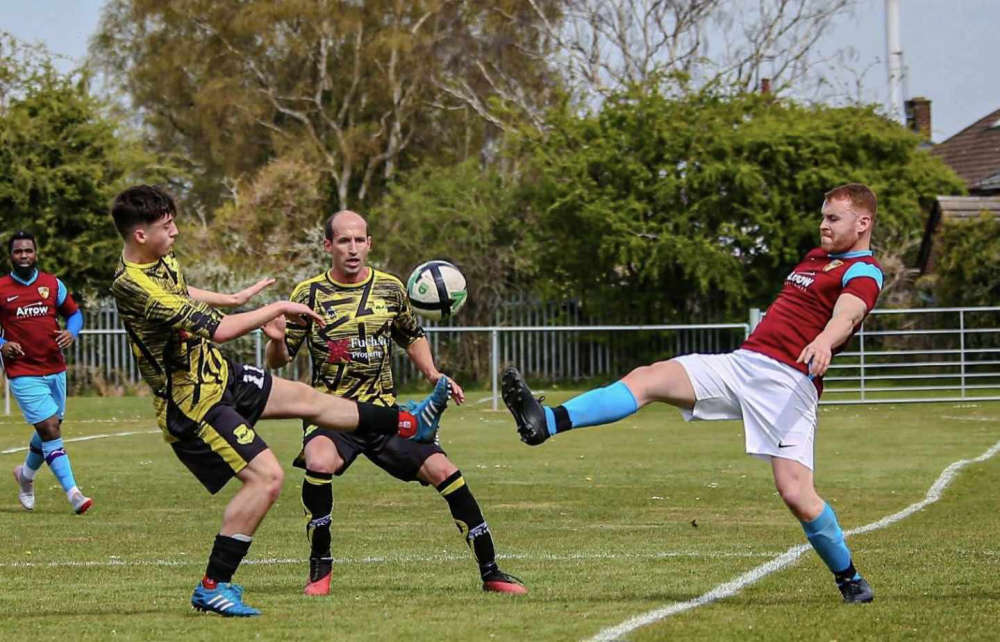 Chester and Wirral Football League - Latest Results
Chester and Wirral Football League - Latest Results
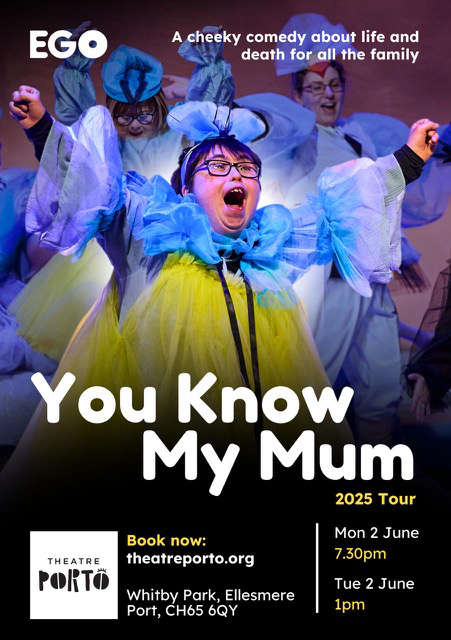 Heartfelt and Hilarious New Show by Disabled Artists Comes to Ellesmere Port
Heartfelt and Hilarious New Show by Disabled Artists Comes to Ellesmere Port
 Fly High Media Shortlisted for Prolific North Champions Awards 2025
Fly High Media Shortlisted for Prolific North Champions Awards 2025
Comments
Add a comment